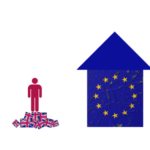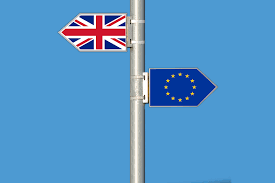The UK and Switzerland have announced that, after a year of exploratory talks, they will start formal negotiations on an “enhanced” Free Trade Agreement (FTA). The two countries had also announced last year that they would try and conclude a mutual recognition agreement on financial services by the end of 2023. We consider some of […]
Read moreCommentary







